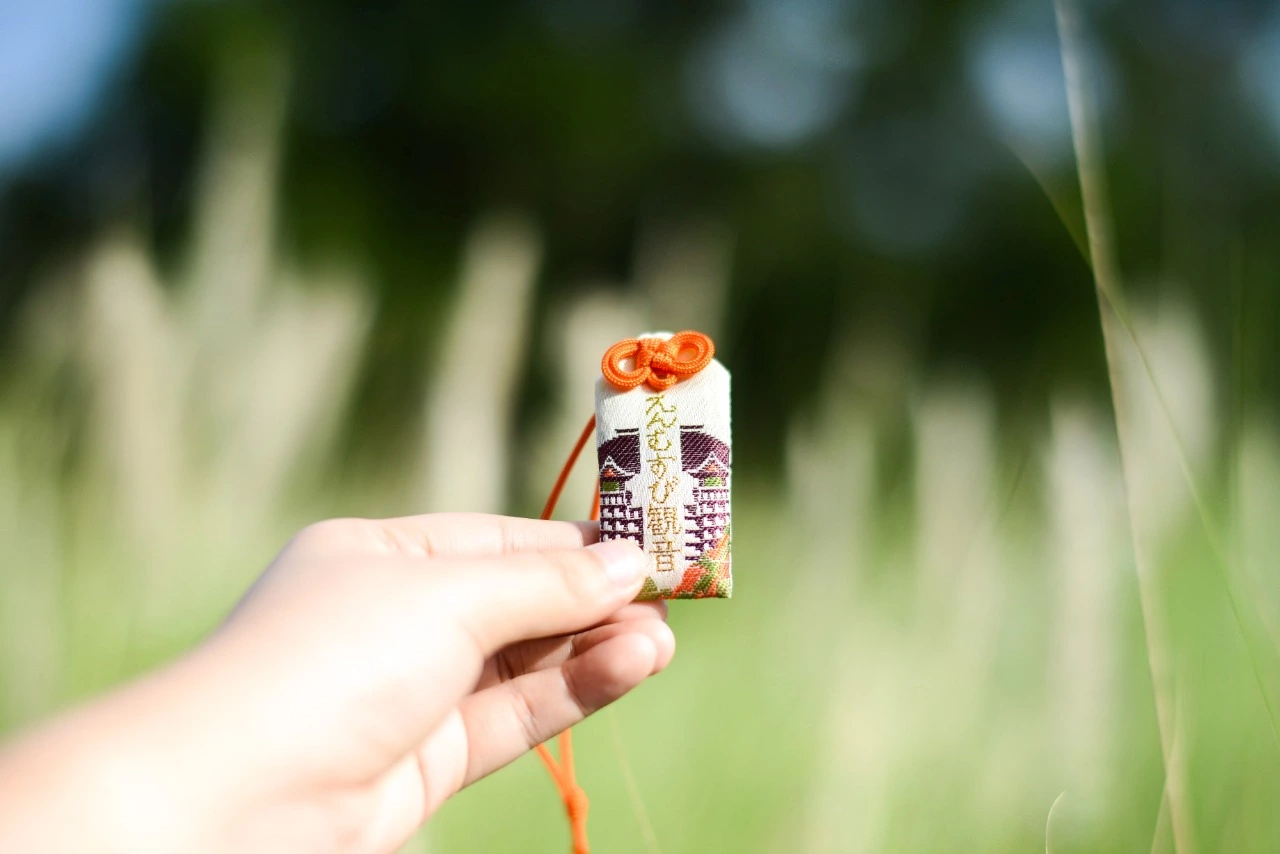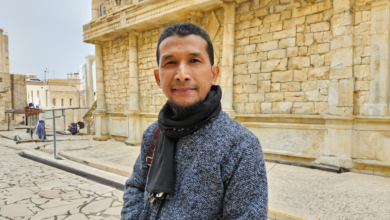
DDHK.ORG - The Messenger of Allah forbade his followers to use amulets. As the basis for the prohibition are:
Uqbah bin Umair said, The Messenger of Allah said, "Whoever hangs an amulet, Allah will not complete it. And whoever hangs an amulet, Allah will not relieve what he has experienced." [Hadith History of Ahmad and Hakim. He said, this hadith is authentic.]
Tamimah means a necklace commonly used by Arabs to hang around their children's necks with the assumption that it can prevent 'ain's disease. Then Islam abolished this teaching and forbade its application.
More than that, the Messenger of Allah also prayed to the person who still does this, that he will not gain perfection (benefit) by hanging the amulet.
Ibn Abbas ra recounted that he once met his wife, who at that time hung an amulet around her neck. Seeing this, Ibn Abbas immediately pulled the object that was hung around his neck until it broke. After that he said to him, "Abdullah's family does not need to associate partners with Allah with something that has never been revealed by Him."
After that he said, I heard the Messenger of Allah say, "Indeed, ruqyah, incantations, and tiwalah are acts of shirk."
The companions asked him, O Abdullah, if the amulet and ruqyah, we already know. Then what is meant by tiwalah? Abdullah replied, "That is something that is usually made by women to be loved by their husbands." [Hadith History of Hakim and Ibn Hibban. They both state that this hadith is authentic]
Imran bin Husayn said, The Messenger of Allah saw a strand attached to a person's arm. The strand is made of copper.
Then the Messenger of Allah said, "Woe to you! What are you doing here?”
The man replied, "To guard against humiliation."
The Messenger of Allah (saw) responded by saying, "Know that such a thing (setting an incantation) will have no effect except for humiliation. Throw it away, because if you die and it's still in your body, you won't find happiness forever." [Hadith History of Ahmad]
>> The word "ruqo" is a plural form of the word "raqiyyah", which means asking for protection. That is, asking for protection in the names of idols and devils, not from the Qur'an and the like.
The word "At-Tamaim" is a plural form of the word "tamimah" which means the spells that women hang around their children's necks, with the intention that it can protect their children from the disease 'ain.
"At-Tawlah" is part of a form of magic with the aim of growing love for men or for women. There are also those who interpret that "taulah" is a stitch or paper that has been recited a spell, all of which aim to attract the sympathy of the opposite sex.<
The word al-Wahinah means pain that is often in the shoulder and arm area. And the man had put the copper on his arm because he thought that the copper placed on his arm would relieve the pain he was feeling. Therefore, the Messenger of Allah forbade him to do that and he stated that it was part of the tamimah (incantation).
Abu Dawud narrated from Isa bin Hamza. He said, I went to Abdullah bin Hakim. At that time, he had a skin disease. I asked him, why don't you put a tamimah on it? Abdullah bin Hakim replied, I seek refuge in Allah from this. The Messenger of Allah once said, "Whoever hangs something, he will continue to be burdened by it." [Taken from the book of Fiqh Sunnah, by Sayyid Sabiq] [DDHKNews]



